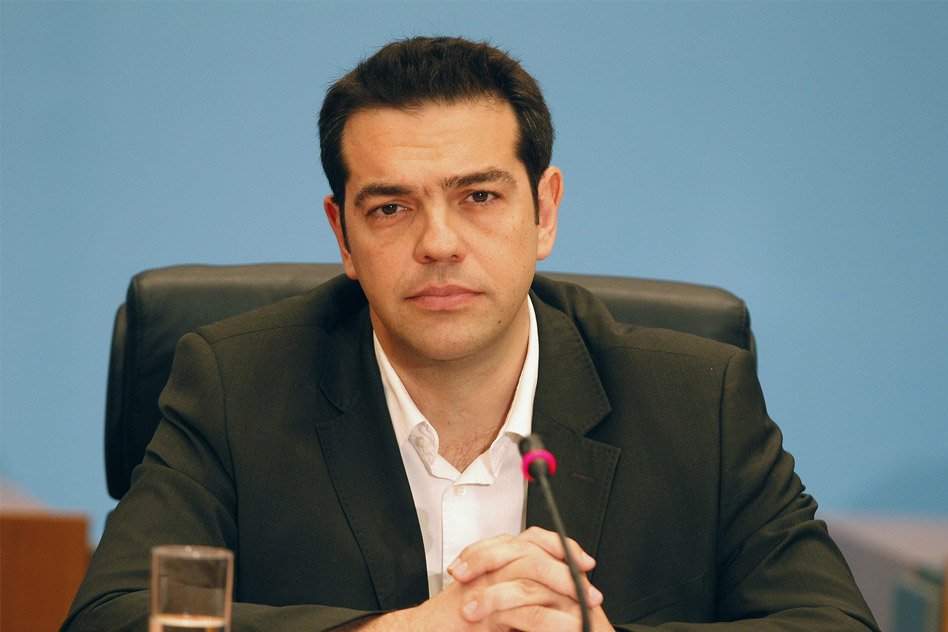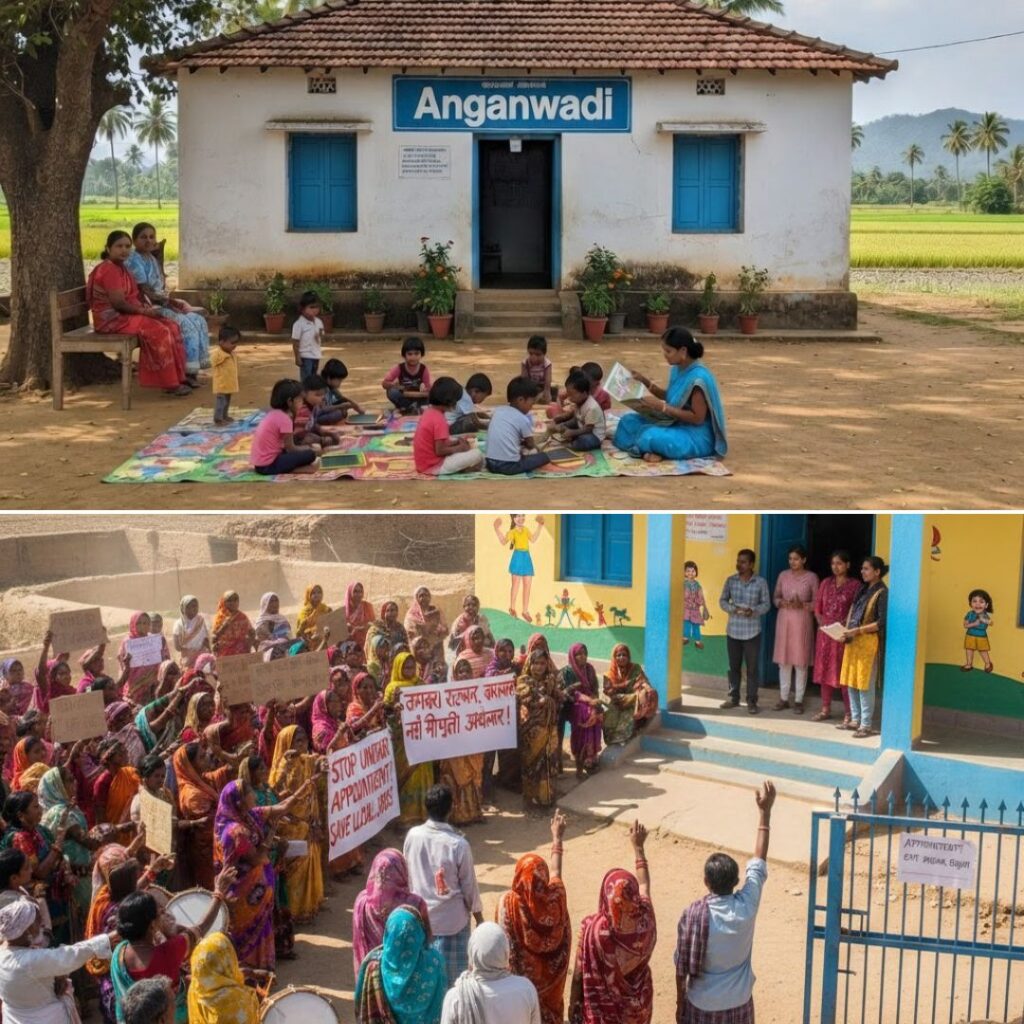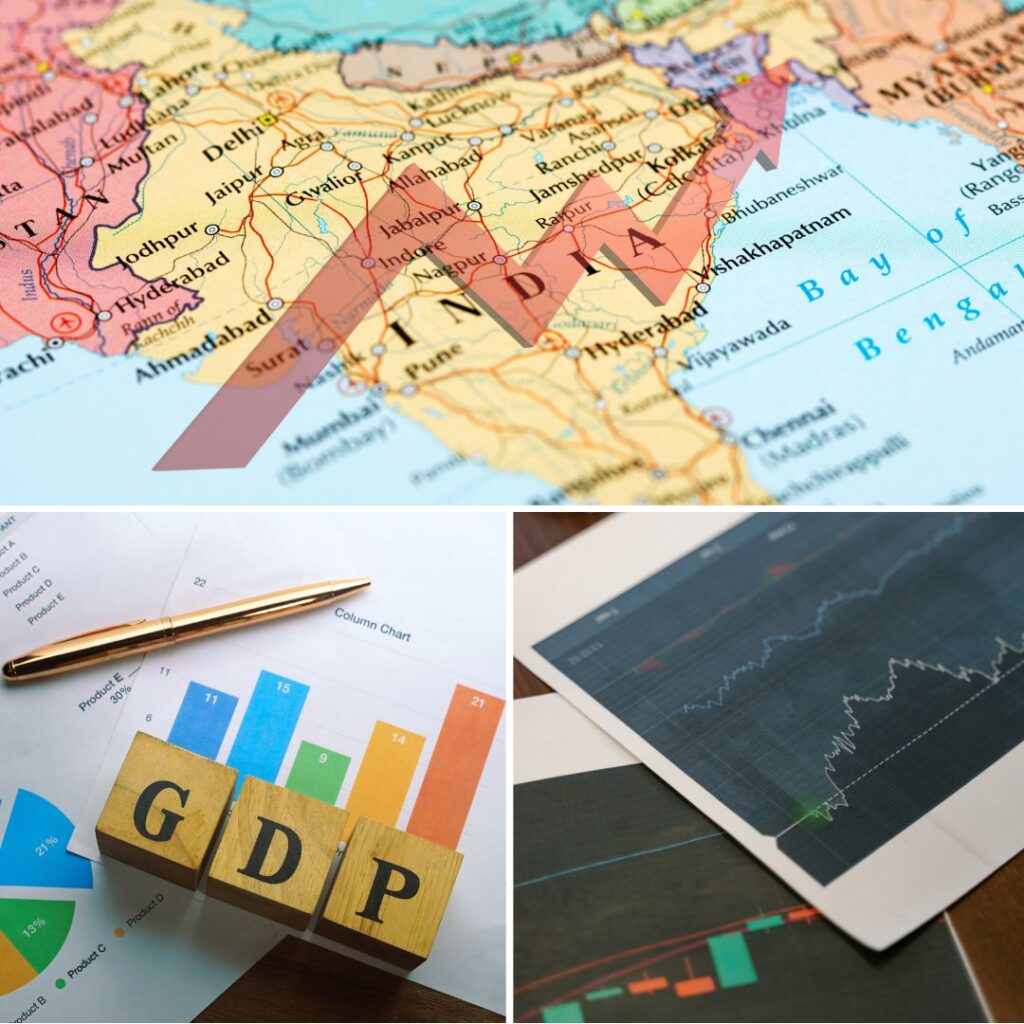The year 2015 witnessed major events in science, politics, international relations and sports. But events relating to conflicts and politics trumped other events in importance and impact. In a year that saw a Civil War of historic scale in Syria, a resurgent Russia, a stagnating China and major strides in bilateral relations, The Logical Indian attempts a brief review of the 10 most regular newsmakers of the year.
ALEXIS TSIPRAS
The 185th Prime Minister of Greece.
Image Courtesy: vozpopuli
The Greek debt crisis was at the forefront of economic news in 2015. There were widespread fears of a developed country like Greece defaulting, leading to a Eurocrisis and plunging the world into a deep depression. Amidst these mounting apprehensions, Tsipras led his party (Syriza) to a historic victory in the elections. After the Greek people rejected bailout terms in the Greek referendum of 5 July, Tsipras engaged in hectic negotiations with other European leaders before reaching an agreement which just manage to save Greece from total bankruptcy. Following intra-party rebellions, Tsipras called for snap elections less than seven months into his first term. Tsipras returned as Prime Minister for a second term in September.
ANGELA MERKEL
The 8th Chancellor of Germany.
Image Courtesy: weknowyourdreams
The world’s most powerful woman remains a tour de force on her own. As the de facto leader of the European Union and third-time Chancellor of Germany, Merkel has seen her country – and Europe – through a critical transition period. Her handling of the debt crisis and dealing with domestic obstacles while at the same time being the diplomatic link between Russia and the US have made her one of the most powerful people of the 21st century. Normally a calculative politician, Merkel surprised many with her inclusive approach to the refugee crisis, famously quoting that “asylum laws have no upper limit.” In December, Time magazine chose Merkel as the Person of the Year.
AYLAN KURDI
3-year-old Syrian Kurd found washed up on the shores of Turkey.
Image Courtesy: alarabiya
On 2 September, Aylan Kurdi, fleeing the Syrian Civil War with his family and others, drowned in the Mediterranean Sea. His death is a part of the larger refugee crisis that has engulfed the Middle-east, Europe and now the US and Canada. Nilüfer Demir’s iconic photograph of Aylan washed up on the shores of Turkey made global headlines and forced the world’s attention on the worsening refugee crisis.
BARACK OBAMA
The 44th President of the United States of America.
Image Courtesy: mrconservative
Barack Obama The 44th President of the United States of America. The President of the world’s strongest democracy continued his surprisingly successful second term after a relatively uninspiring first term. The high points of his term this year included the normalization of relations with Cuba, the Iran Nuclear Deal, the Trans-Pacific Partnership and the Supreme Court upholding the controversial Affordable Care Act (or Obamacare). His reaction to the growing turmoil in the Middle-east and terrorism in Europe have always been points of discussion. However, as Obama enters the last year or his Presidency, the limelight is shifting from him to the many Presidential candidates – particularly Hillary Clinton and Donald Trump.
BASHAR Al-ASSAD
The 19th President of Syria.
Image Courtesy: kippreport
Currently serving his third 7-year-term as Syrian President, Assad is leading a Syria suffering from a bloody civil war, a radical Islamist insurgency, gross human rights violations and a battered economy. Ignoring growing calls for his resignation and free elections, and securing a powerful ally in Vladimir Putin, Assad is ruling a country reeling under the worst military and humanitarian crisis of our time. The Syrian Civil War, and the growing proxy nature of it, has dominated global headlines all year. With peace talks in Vienna still inconclusive, the War will most likely continue into the new year.
HILLARY CLINTON/BERNIE SANDERS/DONALD TRUMP
Presidential candidates for the 2016 American Presidential elections.
Image Courtesy: thr berniesanders wikimedia
The US Presidential season is almost upon us and there is no dearth of candidates from both major parties. The historic nature of the campaign is personified by Hillary Clinton who is the current front runner in the polls. If current trends hold out, Clinton could become the first female US President in 2016. Opposing her is Bernie Sanders whose anti-Wall Street image and democratic socialism have made him an unlikely but a widely popular candidate.
Leading the Republican Party campaign is businessman Donald Trump, whose statements on immigrants, Islam, refugees and other candidates have caused waves.
NARENDRA MODI
The 15th Prime Minister of India.
Image Courtesy: odisha360
Modi unveiled several government programmes in 2015 including Digital India, Housing For All By 2022, the smart cities project and the smart villages initiative. His biggest victories, probably, have been in diplomacy. He negotiated a peace treaty with Naga insurgents, swapped border enclaves with Bangladesh after historic land pacts and popularized the Neighbourhood First and Act East policies. His support for climate action in the UN Climate Change Conference in Paris (COP21) enabled a concrete Climate Agreement to be passed.
POPE FRANCIS
The 266th Pope of the Roman Catholic Church.
Image Courtesy: independent.co.uk
The Pope wields widespread influence simply because of the office he holds. However, the nature of Pope Francis’s papacy is unique in that it has been relatively more liberal. The Pope not only displayed a more accepting attitude towards homosexuality but also opposed capitalism, the death penalty and religious fundamentalism. On 18 June, he released a historical encyclical on climate change, calling for swift global action and attacking consumerism. The encyclical caused a furore in the conservative climate-skeptic community but was a major step forward in the battle against global warming.
VLADIMIR PUTIN
The 4th President of the Russian Federation.
Image Courtesy: mouqawamahmusic
Named the most powerful person of 2015 by Forbes, Vladimir Putin currently leads an embattled yet resurgent Russia. After a decade of high growth, the Russian economy is currently reeling under the pressure of West-imposed sanctions following the annexation of Crimea and Russia’s involvement in the War in Ukraine. Russia formally entered the Syrian Civil War on 30 September, and tensions with NATO rose again after Turkey shot down a Russian fighter jet. Only half-way through his 6-year-term, Putin remains one of the most important players on the international stage. His unique stature arises from his reputation as a gravity-defying opponent of the West and as a subjugator of free speech whilst being highly popular in his home country.
XI JINPING
The 7th President of the People’s Republic of China.
Image Courtesy: thegranitetower
The Chinese economy experienced doldrums in 2015. On 24 August, after struggling for three weeks, the Shanghai Stock Exchange fell by 8.48%. Within hours, global markets fell around the world. China has struggled to reinvigorate its economy amidst infrastructure problems and growing inequality. But it remains a powerful nation. As a permanent member of the UNSC and the world’s largest exporter, China’s growth remains pointed upwards under Xi Jinping. Jinping is currently overseeing an aggressive Chinese foreign policy in the South China Sea – an issue which dominated the recent ASEAN summit. His state visits to the US, Russia, the UK and other countries have improved ties. The Paris Agreement on climate change was almost a failure due to Chinese opposition but, literally in the Conference’s last moments, the delegates reached common ground to cement the deal.




 Image Courtesy:
Image Courtesy:  Image Courtesy:
Image Courtesy:  Image Courtesy:
Image Courtesy:  Image Courtesy:
Image Courtesy:  Image Courtesy:
Image Courtesy:  Image Courtesy:
Image Courtesy:  Image Courtesy:
Image Courtesy:  Image Courtesy:
Image Courtesy:  Image Courtesy:
Image Courtesy:  Image Courtesy:
Image Courtesy: 







